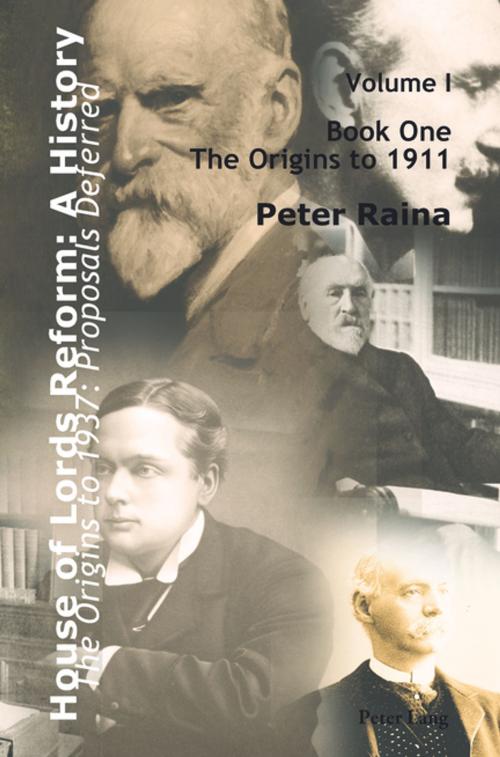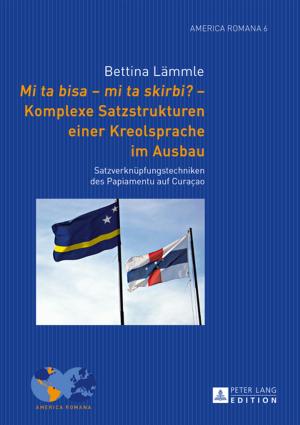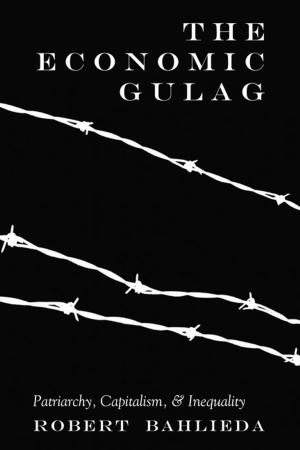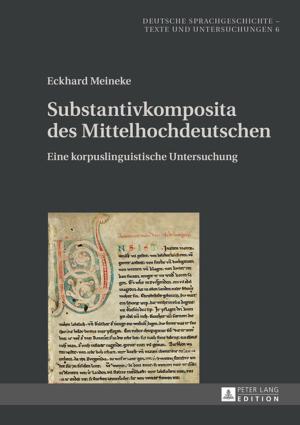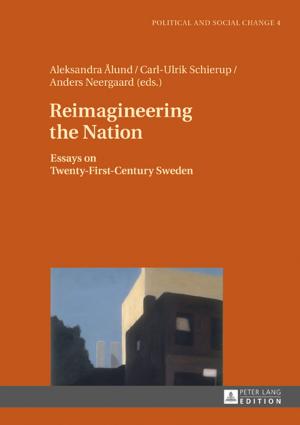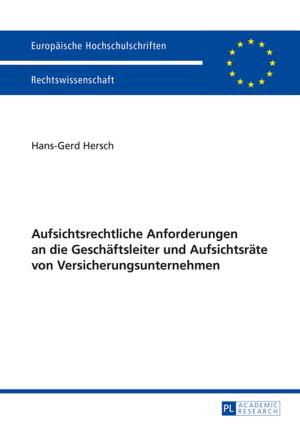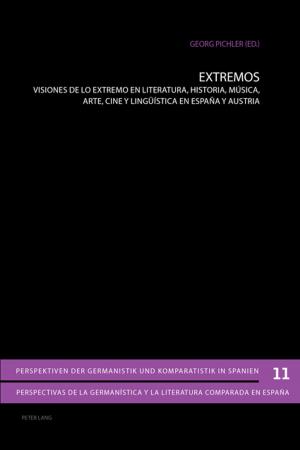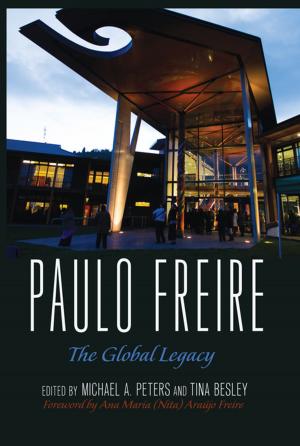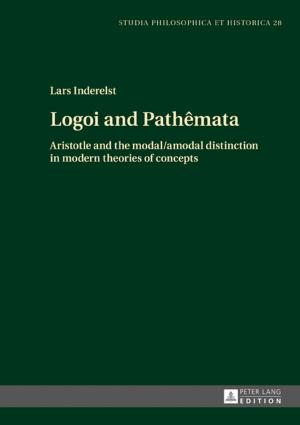House of Lords Reform: A History
Volume 1. The Origins to 1937: Proposals Deferred- Book One: The Origins to 1911- Book Two: 19111937
Nonfiction, Social & Cultural Studies, Political Science, Government, Civics, History, British, Reference & Language, Law| Author: | Peter Raina | ISBN: | 9783035399165 |
| Publisher: | Peter Lang | Publication: | February 27, 2014 |
| Imprint: | Peter Lang AG, Internationaler Verlag der Wissenschaften | Language: | English |
| Author: | Peter Raina |
| ISBN: | 9783035399165 |
| Publisher: | Peter Lang |
| Publication: | February 27, 2014 |
| Imprint: | Peter Lang AG, Internationaler Verlag der Wissenschaften |
| Language: | English |
One of the peculiarities of British history is the development of a constitution headed by the Crown and the two Houses of Parliament. This system emerged to become a balance of democracy, efficiency and moderation that became the admiration of the world.
The contribution of the House of Lords to this balance is all too often overlooked. In this richly documented two-volume work, the author offers a detailed examination of the Lords’ constitutional position and the predicament they faced as the Commons increasingly championed popular rule. With a landowning membership based on the hereditary principle, the Lords struggled to adapt. Yet, valiant attempts were made. The author gives us the first thorough, full-length history of the Lords’ ambiguous responses to the new democracy and the stream of arguments, proposals and bills raised for reform of their House.
Drawing on speeches, letters, reports and memoranda of the times (some never previously published), the book brings to life the inner wranglings and arresting personalities, the hopes and anxieties and the sheer frustrations of a House divided between entrenched interests and idealism, and often threatened by progressives outside.
The two books in Volume One cover the period from the medieval origins of the House of Lords and proceed, through many tumultuous events, to the outbreak of the Second World War.
One of the peculiarities of British history is the development of a constitution headed by the Crown and the two Houses of Parliament. This system emerged to become a balance of democracy, efficiency and moderation that became the admiration of the world.
The contribution of the House of Lords to this balance is all too often overlooked. In this richly documented two-volume work, the author offers a detailed examination of the Lords’ constitutional position and the predicament they faced as the Commons increasingly championed popular rule. With a landowning membership based on the hereditary principle, the Lords struggled to adapt. Yet, valiant attempts were made. The author gives us the first thorough, full-length history of the Lords’ ambiguous responses to the new democracy and the stream of arguments, proposals and bills raised for reform of their House.
Drawing on speeches, letters, reports and memoranda of the times (some never previously published), the book brings to life the inner wranglings and arresting personalities, the hopes and anxieties and the sheer frustrations of a House divided between entrenched interests and idealism, and often threatened by progressives outside.
The two books in Volume One cover the period from the medieval origins of the House of Lords and proceed, through many tumultuous events, to the outbreak of the Second World War.
